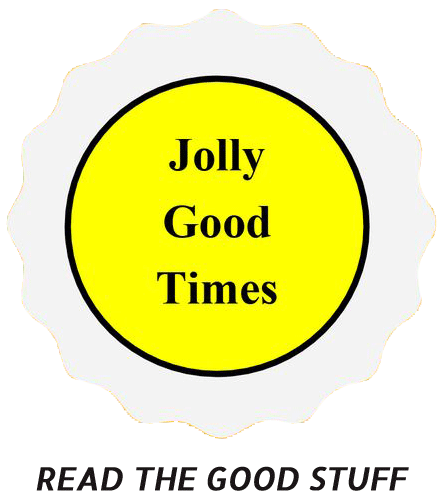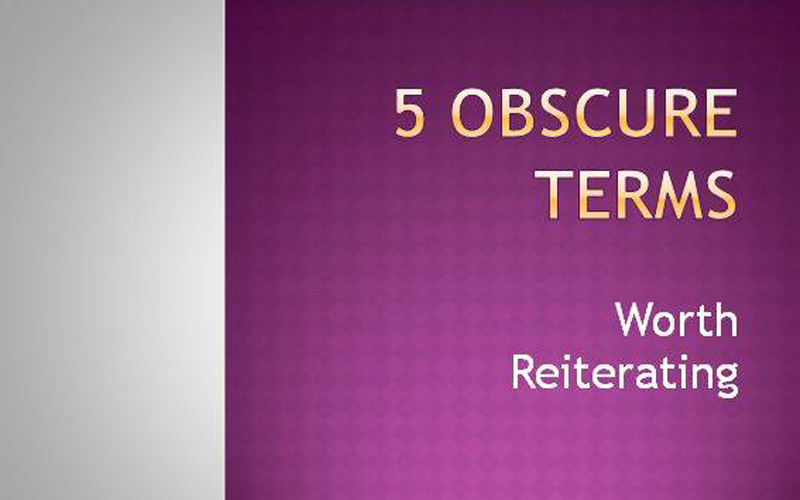"5 Commonly Used and Yet Obscure Terms (Vol 1)"
Post on: March 26, 2018
In our daily lives, we may have come across terms which are good to know but might have overlooked it as we are bombarded with “infobesity” or information overload.
Then again, some of these terms may be worth knowing as it gives a feeling of empowerment in our daily activities; e.g. while meeting our clients. As we unleash such phrases in the course of our conversation, it makes us feel knowledgeable and enhances our self-image. Not forgetting, being likened to a repository of information.
Detractors tell me, “Aiyah!… Such terms are nothing but a piece of cake! We’ve known them since our secondary school days! They aren’t obscure but well-documented terms”. Well, congratulations… Such is the power of the internet and the millennials are barraged with such terms from an early age.
However, for the benefit of those who’ve failed to notice, I have listed 5 obscure terms worth reiterating.
1. Jantelovan — “You are not better than me” In some societies, from janitors to executives, everyone takes pride in their work and does not feel inferior. I suppose they do not feel subservient regardless of their position as a job does not define a person. This is especially prevalent in Demark and it’s no surprise that it had previously topped the “happiest place in the world” ranking.
2. Placebo Effect — A psychological phenomenon whereby an inert substance (typically a tablet) believed by a patient to be a drug, has a similar effect to the actual drug. Thus resulting in a medical improvement. This is despite the fact that the tablet does not contain the active drug ingredient.
3. Freudian Slip — An inadvertent mistake in speech or writing that is thought to reveal a person’s unconscious motives, wishes or attitudes; a slip of the tongue. It is also called parapraxis.
4. Nordic Model — Known for its “cradle to grave” welfare system. It refers to the economic and social policies common to Nordic countries like Denmark, Norway, Finland etc. There may be significant differences amongst the Nordic countries but they espouse free market capitalism with comprehensive welfare state provision of free education, free healthcare and guaranteed pensions payments for retirees.
5. Dunbar’s Number — A theoretical limit of 150 friends has become known as the “Dunbar’s Number”. It is a suggested limit to the number of people with whom one can maintain a stable and social relationship.
The Jolly Good times hopes these terms come in handy in your everyday usage. If it’s worth knowing, it has to be shared — invite your kakis (buddies) to Like us on Facebook. #JollyGoodTimes #5ObscureTermsWorthReiterating
https://www.facebook.com/jollygoodtimes.org/
Image: George/JollyGoodTimes
Disclaimer:
Jolly Good Times is not responsible for any errors or omissions, or for the results obtained from the use of this information. All information on this site is provided “as is”, with no guarantee of completeness, accuracy, timeliness or of the results obtained from the use of this information…”




